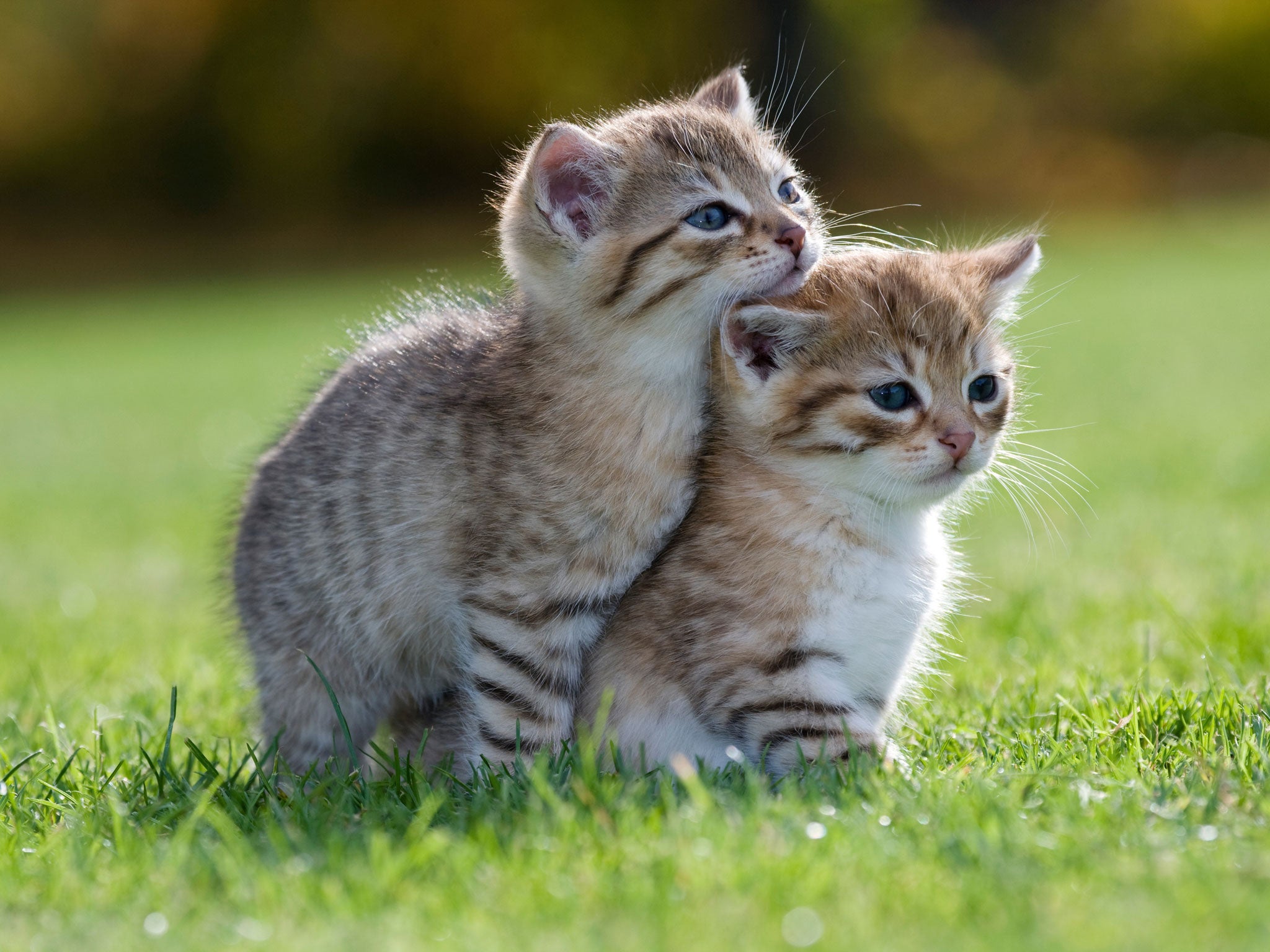The Independent's journalism is supported by our readers. When you purchase through links on our site, we may earn commission.
Love cats on the internet? Why they're really killer kitties

Your support helps us to tell the story
From reproductive rights to climate change to Big Tech, The Independent is on the ground when the story is developing. Whether it's investigating the financials of Elon Musk's pro-Trump PAC or producing our latest documentary, 'The A Word', which shines a light on the American women fighting for reproductive rights, we know how important it is to parse out the facts from the messaging.
At such a critical moment in US history, we need reporters on the ground. Your donation allows us to keep sending journalists to speak to both sides of the story.
The Independent is trusted by Americans across the entire political spectrum. And unlike many other quality news outlets, we choose not to lock Americans out of our reporting and analysis with paywalls. We believe quality journalism should be available to everyone, paid for by those who can afford it.
Your support makes all the difference.
Before the internet, who knew that cats were really so popular?
Many unknown kitties have become superstars, just by doing everyday things like saying "Oh My God", playing the piano, or a spot of boxing.
Cat videos are among the most popular on YouTube, and the psychology behind our interest in the furry creatures has been discussed at length. Forbes said:
"Cat memes can be understood as modern icons that celebrate and worship the symbolic cat. They seem to emphasize how cats are like humans. But the unconscious message might be more profound. They might be about the way humans are like cats."
Now a new cat revelation has come forth - that cats are a lot deadlier than we think. It positions the domestic cat as one of the single greatest human-linked threats to wildlife in the US.
A recent report said more birds and mammals die at the mouths of cats than from vehicles, pesticides, poisons other so-called anthropogenic causes (such as man-made structures). It also said "Scientifically sound conservation and policy intervention is needed to reduce this impact."
So perhaps the real reason we love them is because we're terrified of them...
Join our commenting forum
Join thought-provoking conversations, follow other Independent readers and see their replies
Comments